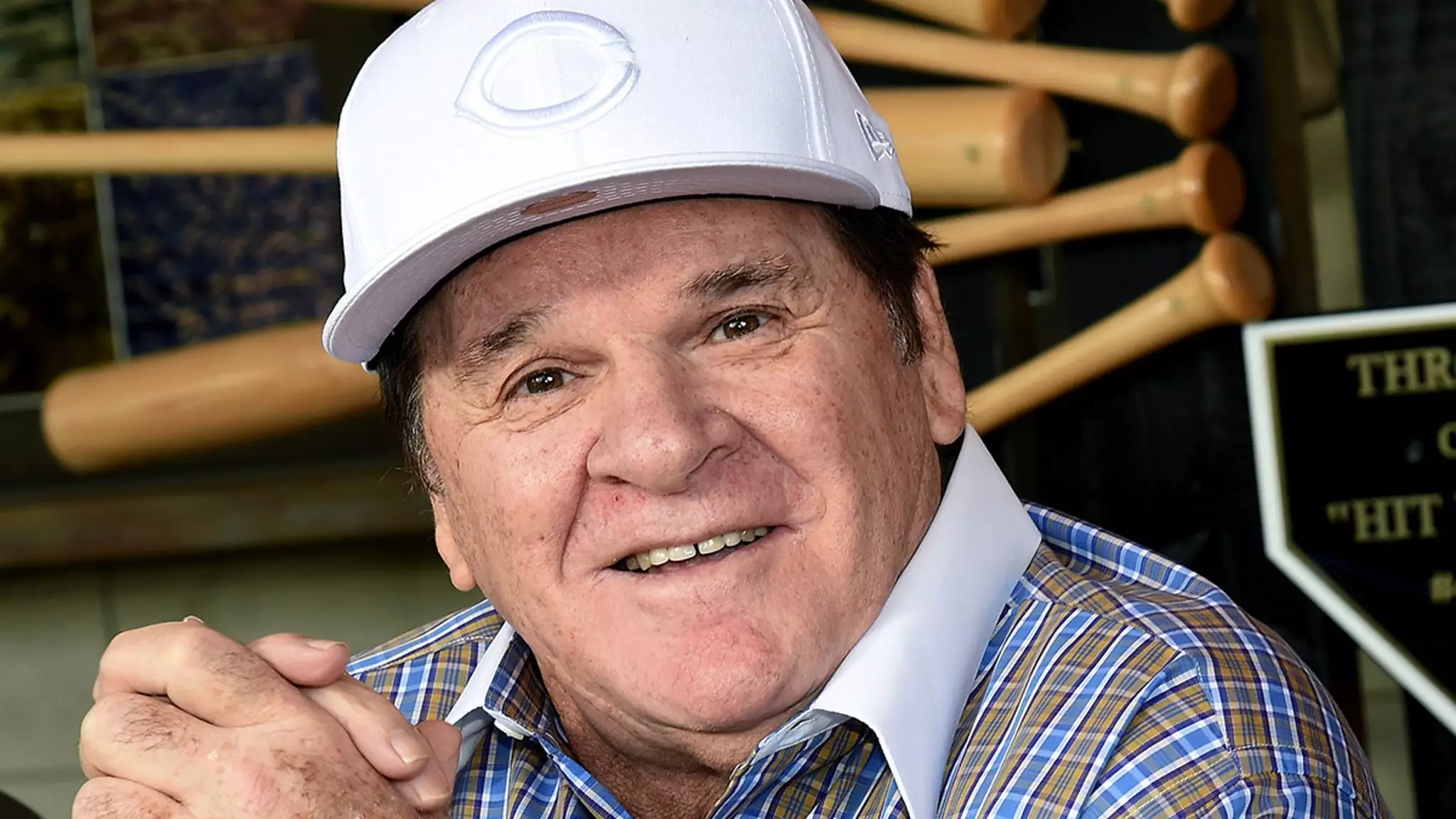The world of baseball mourns the loss of one of its most iconic figures, Pete Rose, who passed away today at the age of 83 in his Las Vegas home. Known as the “Hit King,” Rose’s remarkable career spanned 24 seasons during which he made an indelible mark on Major League Baseball. His legacy, however, is as complex as it is storied, defined not only by his record-breaking achievements on the field but also by the controversies that marred his reputation.
Rose’s agent, Ryan Fiterman, confirmed the news, urging for family privacy during this difficult time. Although the cause of death remains unknown, reports indicate that Rose had been an active participant in recent fan engagements, suggesting he maintained a connection to his supporters even in his later years. Just days before his passing, he was photographed with teammates from the Cincinnati Reds’ famed “Big Red Machine,” highlighting the camaraderie and bonds he forged throughout his career.
Pete Rose was unmatched when it came to hits, amassing an astonishing total of 4,256, eclipsing any player before him. His illustrious career was characterized by numerous milestones: 17 All-Star selections, three World Series championships, and a National League MVP award in 1973. Furthermore, he holds the records for the most games played, at-bats, and plate appearances in MLB history, showcasing not only his prowess but also his relentless durability and dedication to the game.
Beyond the statistics lies the essence of Rose’s playing style. His nickname, “Charlie Hustle,” was emblematic of his tireless work ethic and fierce competitive nature. Rose’s versatility allowed him to excel at multiple positions, including first base, second base, and the outfield, making him an invaluable asset to any lineup. While he is best remembered for his tenure with the Cincinnati Reds, he also made notable contributions to the Philadelphia Phillies and the Montreal Expos, exemplifying his talent and adaptability.
Despite his on-field brilliance, Rose’s legacy is complicated by his ban from baseball due to gambling activities. In 1989, MLB Commissioner Bart Giamatti imposed a lifetime ban after evidence surfaced that Rose had bet on baseball games, including those involving his own team. Initially denying these allegations, Rose’s eventual admission in the mid-2000s did little to absolve him in the eyes of the league, which has steadfastly refused to lift the ban despite his candid acknowledgment of his misdeeds.
The Cincinnati Reds organization expressed its heartbreak upon learning of Rose’s passing, reflecting on his extraordinary contributions to the sport. Yet, the debate over his place in baseball’s Hall of Fame remains unresolved, raising questions about redemption and forgiveness in a sport that values history and integrity.
As we reflect on Pete Rose’s life and career, we must acknowledge both his monumental achievements and the challenges he faced. His skill and heart made him a baseball legend, but his off-field decisions introduced crucial conversations about ethics in sports. Ultimately, Pete Rose will be remembered not just for the runs he scored or the records he set, but for the captivating tale of a man who inspired millions—from the diamond to the shadows of controversy. The question remains: will history remember him simply as the “Hit King,” or will it also embrace the complexity of his human experience?

